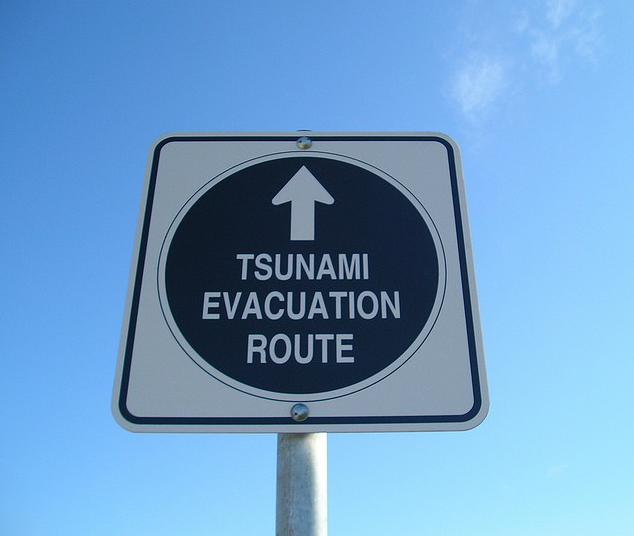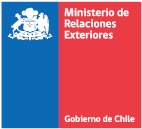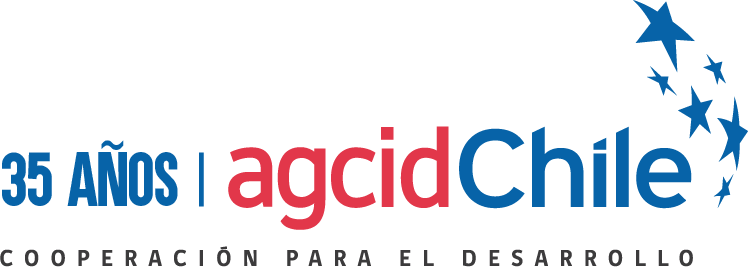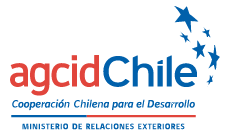Jamaica holds tsunami drill as a part of Chile-Spain Triangular Cooperation in disaster risk Management

• The drill will take place in Old Harbour Bay and will be supported by the Chile-Spain triangular cooperation project “Strengthening of the Caribbean Disaster Emergency Management Agency (CDEMA) in the Technical Areas of Earthquakes and Tsunamis.”
• The exercise will evaluate the response of emergency agencies and the Jamaican community in the case of an earthquake or tsunami.
The tsunami drill will be held on Thursday, February 26 at Old Harbour Bay and will be led by the Office of Disaster Preparedness and Management (ODPEM), St. Catherine Parish Council and the Old Harbour Bay Community Development Association. The drill aims to evaluate the response of the community and emergency agencies as well as to identify evacuation routes, warning sirens and review the Jamaica Tsunami Warning Information Dissemination Protocol and Standard Operating Procedures.
The Chile-Spain Triangular Cooperation Fund is working together with the Caribbean Disaster Emergency Management Agency (CDEMA) to implement an international cooperation project to strengthen CDEMA and the National Disaster Offices (NDOs) of its Member States (16 States) in the area of seismic and tsunami hazards, specifically inundation mapping and tsunami and earthquake drills. For this drill, Chile and Spain will finance the participation of three experts in disaster prevention from Barbados, St. Lucia, and Antigua and Barbuda, acting as observers to replicate the experience in their respective institutions.
The main natural hazards facing the islands of the Caribbean are tropical storms and floods. However, earthquakes and tsunamis are also a threat. According to the World Bank`s division for Latin America and the Caribbean, 96% of Jamaica's GDP is threatened by two or more natural hazards.
CHILE AND DISASTER PREVENTION
Chile will work on disaster prevention, through international cooperation managed by AGCI, with Japan over the next five years in the creation of a Program for Disaster Risk Reduction for Latin America and the Caribbean. One of its objectives is the formation of two thousand professionals from the region through international courses taught by Chilean and Japanese experts.





